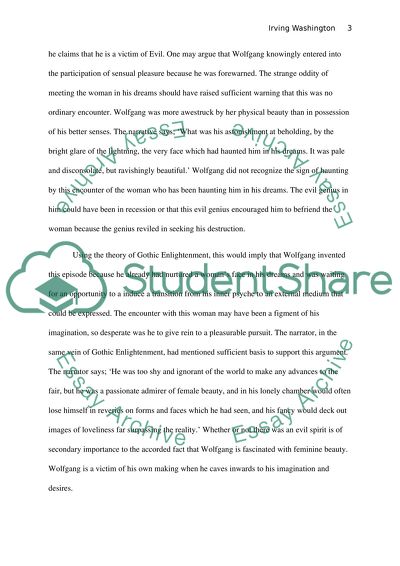Cite this document
(“The Adventure of the German Student Book Report/Review”, n.d.)
Retrieved from https://studentshare.org/literature/1534079-the-adventure-of-the-german-student
Retrieved from https://studentshare.org/literature/1534079-the-adventure-of-the-german-student
(The Adventure of the German Student Book Report/Review)
https://studentshare.org/literature/1534079-the-adventure-of-the-german-student.
https://studentshare.org/literature/1534079-the-adventure-of-the-german-student.
“The Adventure of the German Student Book Report/Review”, n.d. https://studentshare.org/literature/1534079-the-adventure-of-the-german-student.


